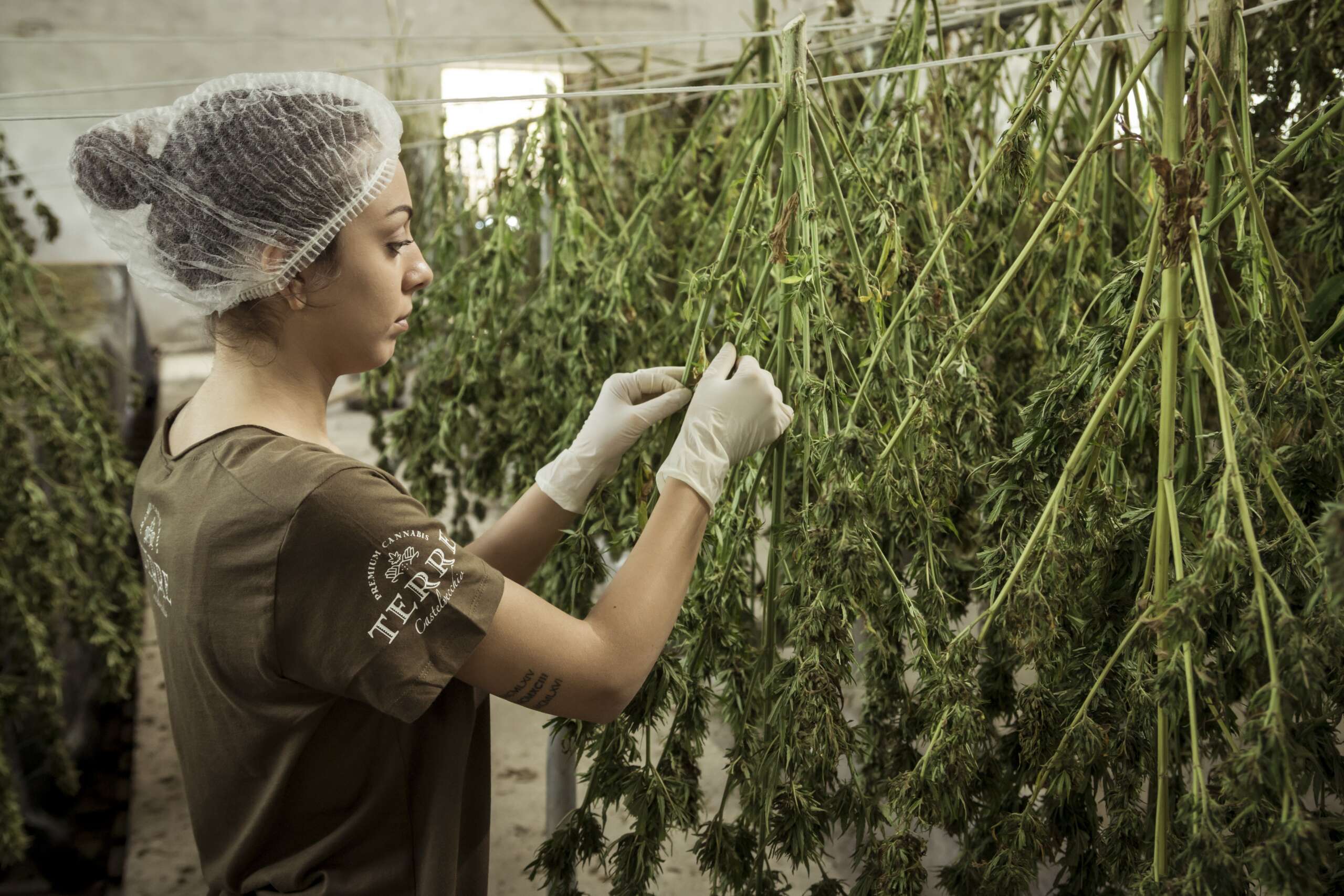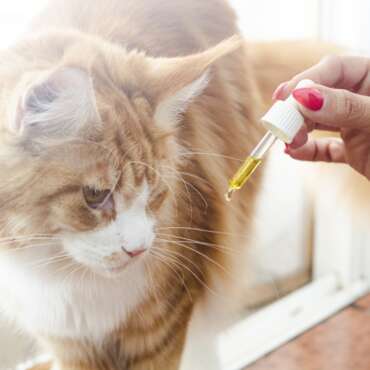Cannabis products have been used throughout the world for medicinal purposes for centuries. However, not all cannabis-based treatments are created equal. There are two significant compounds in cannabis that have medicinal properties: THC and CBD oil. This article will focus mostly on CBD, but will also touch on THC, so you can better understand the differences between these two compounds.
CBD can be ingested or applied to the skin as a lotion or oil to improve overall health and well-being. Unlike THC, CBD does not contain psychoactive qualities which means it doesn’t alter your moods or put you at risk of addiction. If you’re looking for a great way to relax after a long day without getting “high,” then look no further than these helpful tips on understanding the science of cannabis oil.
What is CBD?
CBD is a non-psychoactive compound of cannabis. This means that it doesn’t produce the same effects as THC, another compound found in cannabis. CBD has been shown to have significant medical benefits without any side effects, making it an ideal way to improve your health and well-being.
CBD is also different from THC because it does not induce psychoactive reactions like anxiety or paranoia. Instead, CBD helps promote a sense of well-being and relaxation without the unpleasant side effects often associated with THC.
When we ingest CBD orally as opposed to smoking marijuana, we experience much stronger and longer-lasting effects. These “longer lasting” effects are due to the fact that CBD is fat-soluble (unlike THC) and thus penetrates through our lipid membranes in our body much more easily than THC does.
The Difference Between CBD and THC
CBD is the non-psychoactive compound found in cannabis. It offers a number of health benefits without putting you at risk for addiction.
It’s also important to understand that CBD products are not always made from cannabis plants. CBD can be sourced from many other plants including hemp, which is why it’s important to do your research before purchasing.
CBD has been proven to have powerful medicinal properties without any of the side effects that THC can cause (like addiction or mood changes).
THC, on the other hand, is the psychoactive compound found in cannabis that alters your mood and puts you at risk for addiction.
How does CBD work?
CBD has been widely studied for its medicinal properties and has been found to have the potential in relieving pain, anxiety, and depression. Like THC, CBD is a powerful anti-inflammatory that helps get rid of swelling.
Unlike THC, CBD doesn’t interact with the CB1 receptors in your brain and spine. It doesn’t produce the “high” feeling associated with THC by binding to other receptors in your brain and a central nervous system called serotonin receptors and adenosine receptors.
However, CBD does bind to other receptors outside of the brain like the peroxisome proliferator-activated receptor (PPAR) which controls genes related to fat metabolism and also suppresses inflammation.
The endocannabinoid system is made up of neurotransmitters that bind to cannabinoid receptors such as anandamide. This cannabinoid binds primarily to CB1 and CB2 receptors, but CBD does not bind well at either CB1 or CB2 receptors. When CBD interacts with these other receptors outside of CB1 or CB2 it results in a number of anti-inflammatory benefits like reduced pain perception and decreased anxiety and depression.
Health Benefits of CBD
CBD comes with a variety of health benefits. Some of these include:
-Reduced inflammation
-Improved mood
-Relief from chronic pain
-Potential relief from symptoms of Alzheimer’s and Parkinson’s Disease
It can also help people who suffer from depression, anxiety, and schizophrenia.
CBD oil has the potential to reduce symptoms associated with epilepsy, diabetes, heart disease, arthritis, and more. It may even be able to help people who have experienced side effects due to chemotherapy or radiation therapy or PTSD. The use of CBD oil for medical purposes is still in its research phase, but there are promising results that point to this being a feasible treatment option in the near future.
Relieves Pain
One of the most significant uses for CBD is in the treatment of chronic pain. CBD interacts with receptors that are found throughout the human body, including on nerves and immune cells. By interacting with these receptors, it can relieve some types of pain without any mind-altering effects.
One study found that CBD decreases muscle contractions by interacting with muscle cell receptors called TRPV1. This interaction inhibits the release of neurotransmitters like substance P which are responsible for transmitting pain signals to your brain. As a result, people who take CBD before working out experience less soreness after their workout.
Improve Mood
CBD can be used in a variety of ways to improve your mood. Some people find CBD to be a great way to alleviate stress and anxiety. Others use it to help balance their moods.
For some, the options with CBD are limited, but for others they’re endless. You can add it to tea or into your morning coffee or you can put it on the skin as a lotion or oil, talk about getting high!
If you’re looking at CBD as an option for improving your mood, then there are many different ways that CBD could help you feel better. It’s important that you understand how it works before putting it into your body.
Reduces Anxiety
CBD can be used to reduce anxiety and stress. It does this by binding to the brain’s receptors and inhibiting the release of neurotransmitters that cause anxiety and panic.
Conclusion
Now you know the difference between CBD and THC, it’s time to make your decision.
If you’re looking for a natural remedy for anxiety, chronic pain or to improve mood, then you should consider CBD. But if you’re looking for the psychoactive effects of THC, then you should consider THC.
CBD is a naturally occurring nutrient in hemp. THC is a man-made ingredient that’s added to cannabis products to produce the psychoactive effects that recreational consumers are looking for.
We hope this article helped you gain a better understanding of CBD and THC, and which one might be best suited to your needs.



